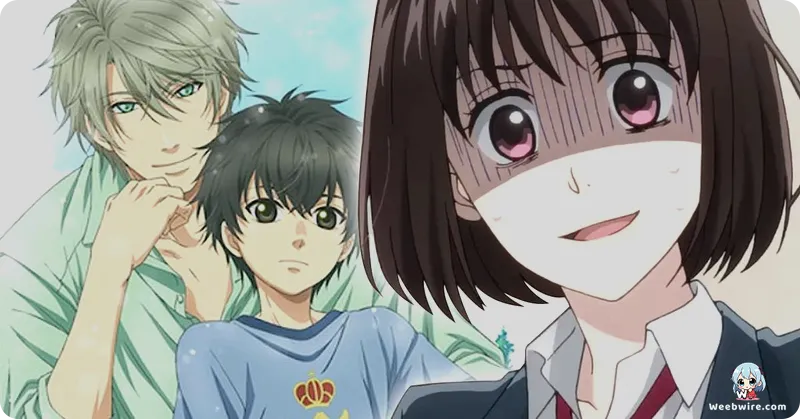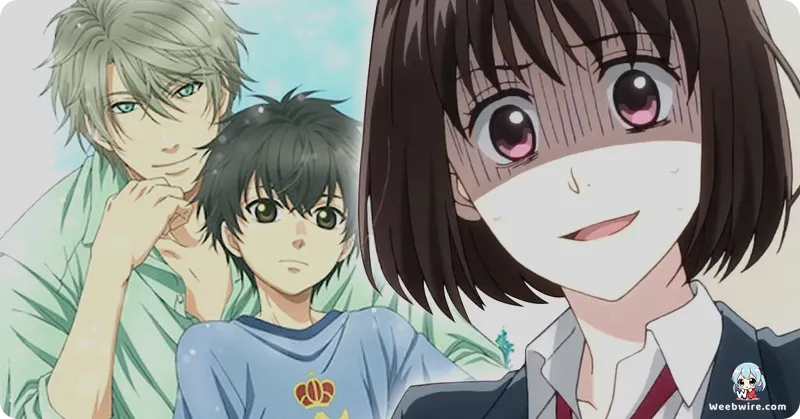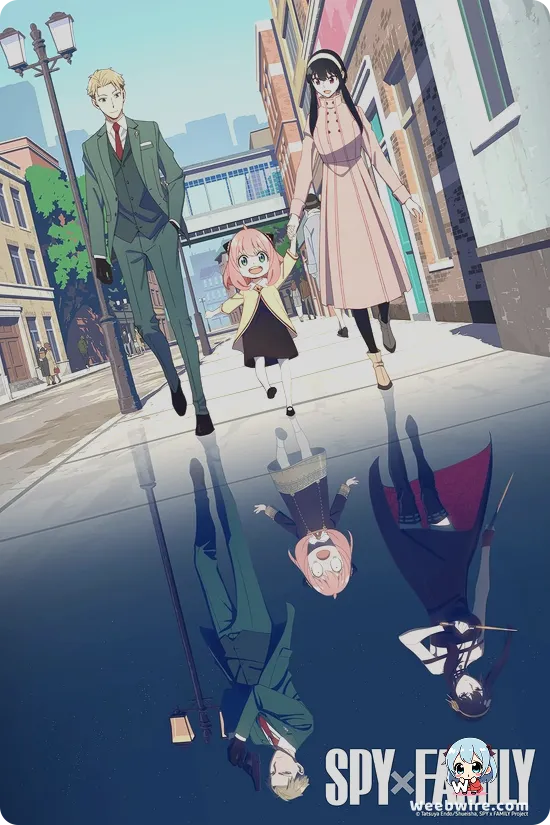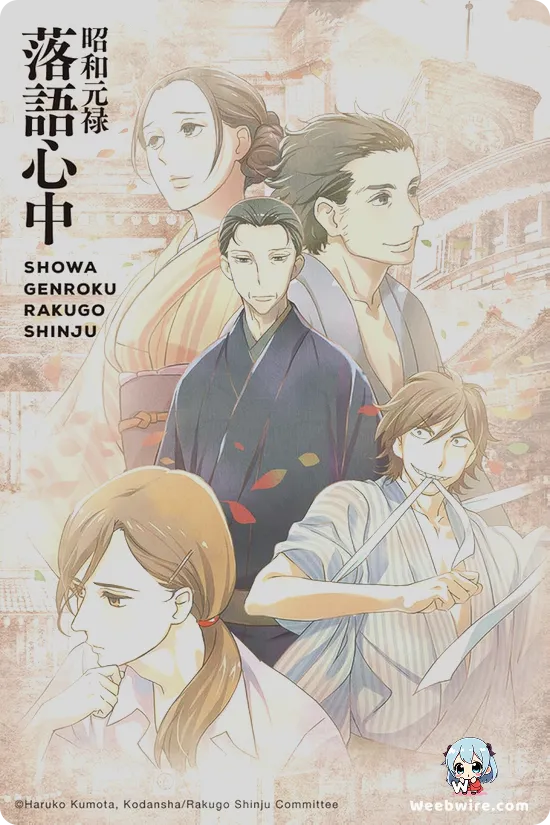Unpacking 'Koikimo': The Anime That Masterfully Blended Discomfort and Endearing Romance

Studio Nomad's 2021 romantic comedy, "Koikimo" (officially "Koi to Yobu ni wa Kimochi Warui," or "It's Disgusting to Call This Love"), carved a distinct niche in the anime landscape with its unconventional premise and often-debated humor. Eschewing typical shojo romance, the series boldly embraces its titular sentiment, exploring the peculiar dynamic between Ryo Amakusa, a highly persistent, older businessman, and Ichika Arima, a stoic high school girl. The show’s unique charm lies in its masterful navigation of the fine line between endearing absurdity and outright discomfort, a balancing act few anime attempt, let alone execute with such peculiar success.
At its heart, "Koikimo" features Ryo Amakusa, a handsome, successful bachelor whose personal philosophy of "love is disgusting" is dramatically upended upon meeting Ichika, his sister's best friend. This encounter sparks an immediate, intense, and overtly aggressive infatuation. Ryo's unwavering persistence and bizarre expressions of affection make him a polarizing yet fascinating protagonist. He consistently misinterprets Ichika's polite rejections and clear boundaries as 'tsundere' behavior, fueling his relentless pursuit. His actions, a whirlwind of unsolicited gifts and grand declarations, often verge on stalker-like, yet the narrative meticulously frames his intentions as genuinely romantic and devoid of malice, crucial for the comedy to land without becoming unsettling.

Ichika Arima provides the grounded, often bewildered, counterpoint. As a mature, sensible high school student, she is initially repulsed by Ryo's overtures. Her relatable reactions from firm rejections to exasperation serve as the audience's anchor. A subtle yet impactful aspect of her development is her gradual, almost imperceptible softening, as she begins to discern glimpses of Ryo's underlying kindness and sincerity.
The title "Koikimo" a portmanteau of "Koi" (love) and "Kimochi Warui" (disgusting or creepy) perfectly encapsulates the series' core theme and comedic conflict. It challenges viewers to ponder when persistence becomes problematic versus an exaggerated, comedic expression of affection. Studio Nomad’s expertise in slice-of-life comedies brought a distinctive visual style and sharp comedic timing, translating Mogusu's manga art with exaggerated facial expressions that are key to the humor. Supporting characters, like Ryo’s sister Rio, further contextualize Ryo’s behavior, reinforcing that his extreme actions stem from genuine, albeit misguided, affection.
Fan reception to "Koikimo" sparked considerable discussion. While some found Ryo's behavior off-putting, many appreciated the anime's commitment to its unique humor and willingness to tackle an age-gap romance comedically. The show successfully maintained Ichika's agency and respected her boundaries, ensuring her discomfort was acknowledged even as Ryo pursued her. This careful handling allowed the series to explore an unconventional romance without fully endorsing the more problematic aspects of Ryo's initial approach, ultimately making his "creepy" love endearing to a significant portion of its audience. "Koikimo" stands out as a memorable romantic comedy that dared to be different, a masterclass in balancing uncomfortable humor with genuine warmth, proving love can indeed be a little disgusting in the most charming way possible.
Credits
Koikimo
Author
Mogusu
Cover Art
Mogusu
Studio
Nomad
Publisher
Ichijinsha
Producers





